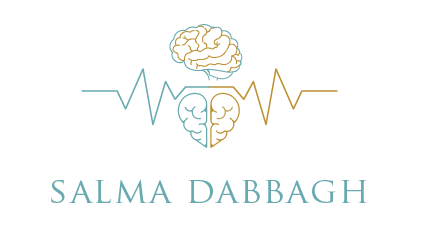Trauma and Post-Traumatic Stress Disorder (PTSD)

Trauma and Post-Traumatic Stress Disorder (PTSD)
Trauma refers to an emotionally overwhelming or shocking experience that can cause an intense stress response. Trauma can be physical or psychological in nature and can vary in severity. Some common examples of trauma include:
- Physical trauma: Serious injuries, car accidents, falls, gunshot wounds, etc.
- Emotional or psychological trauma: Sexual abuse, emotional abuse, domestic violence, bullying, loss of a loved one, natural disasters, etc.
Post-Traumatic Stress Disorder (PTSD) is a mental disorder that can develop as a result of significant trauma and can persist for a long period of time. PTSD can be the result of a single traumatic experience or repeated exposure to trauma over time. Not all people who experience trauma will develop PTSD, as susceptibility to this disorder varies depending on genetic, psychological, and environmental factors.
Common symptoms of PTSD include:
- Flashbacks: Experiencing vivid and disturbing memories of the trauma, as if it were happening again.
- Recurring nightmares about the trauma.
- Avoidance: To avoid places, people or situations that are reminiscent of trauma.
- Hypervigilance: Being constantly alert, having difficulty sleeping, extreme irritability, and being easily startled.
- Negative thoughts and feelings: Feelings of guilt, shame, anger, and negative thoughts about oneself or the world.
- Mood and cognitive alterations: Difficulty concentrating and changes in mood, such as depression and anxiety.

